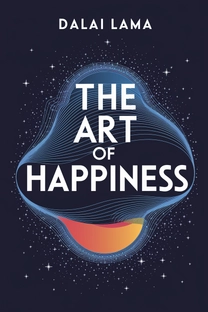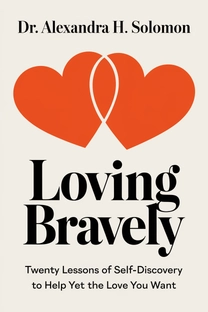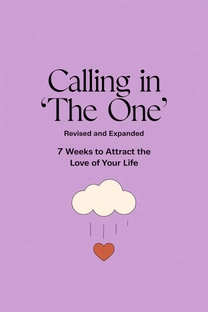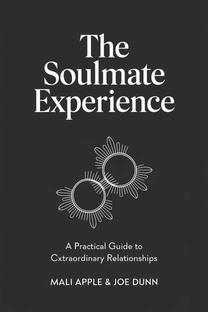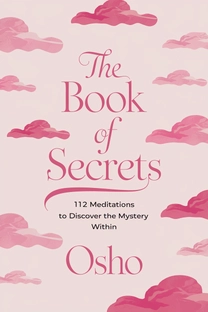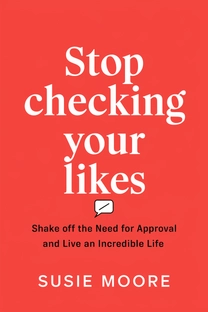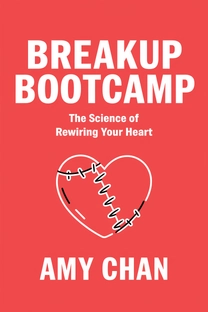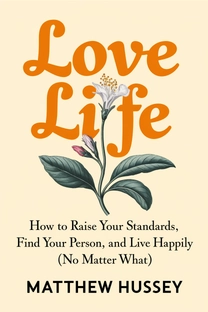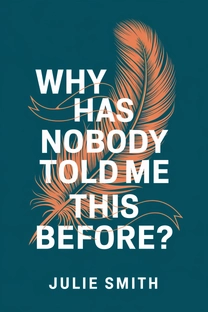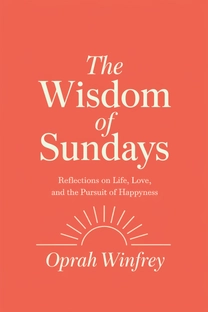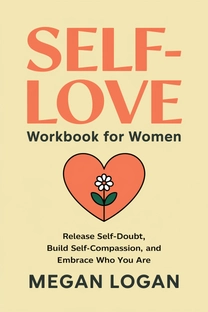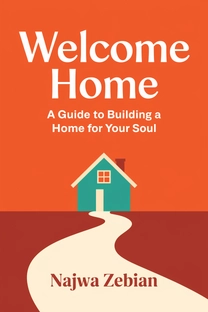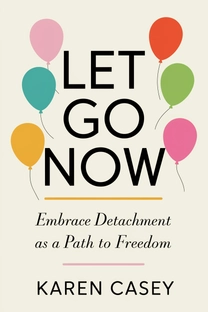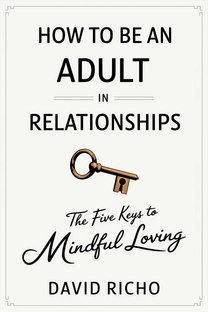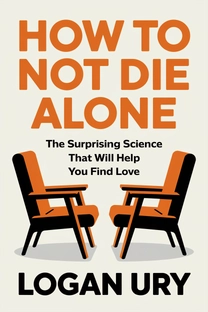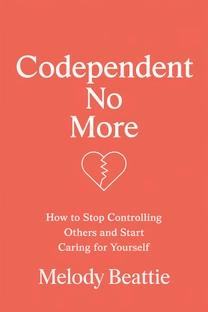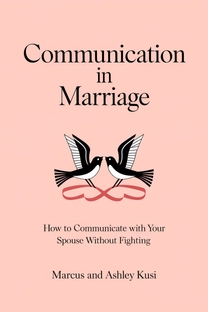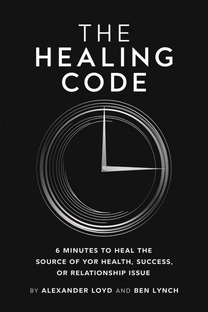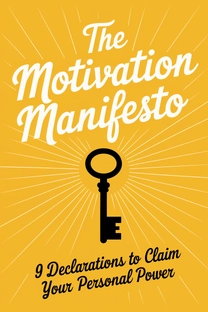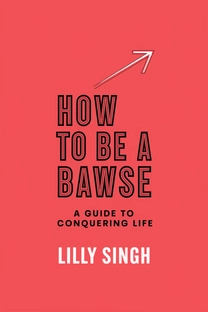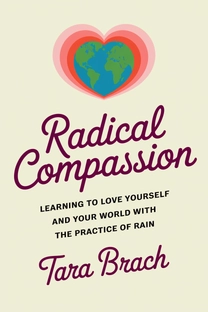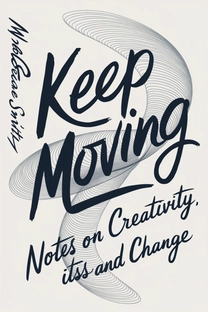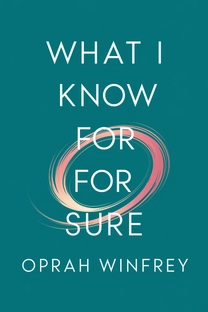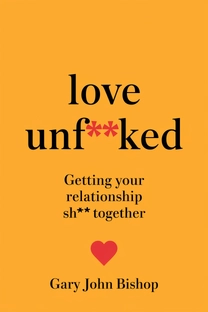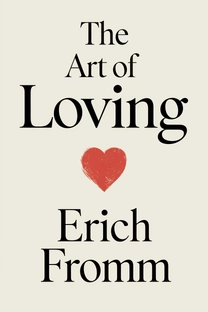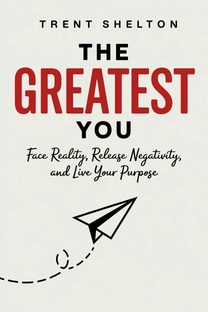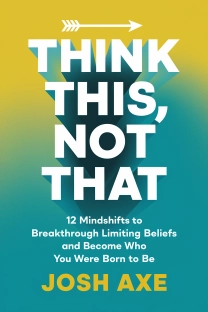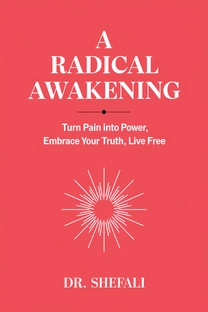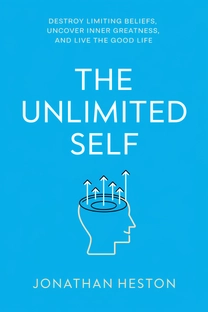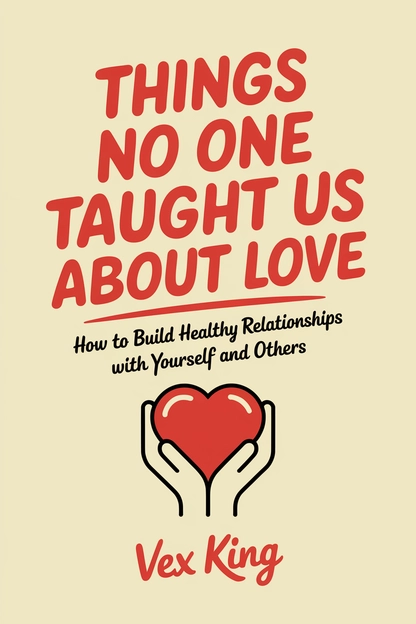
Things No One Taught Us About Love
How to Build Healthy Relationships with Yourself and Others
by Vex King
Brief overview
This book explores how to embrace authentic love, whether directed toward oneself or shared with others. It reveals how self-awareness, honest communication, and healthy boundaries can transform our relationships into uplifting partnerships. Readers will gain practical insights for cultivating meaningful bonds and letting go with grace when necessary.
Introduction
Have you ever felt that no matter how hard you work on your relationships, loneliness or anxiety still creeps in? This book starts by challenging our assumptions about love and explains that genuine love is something we carry within. When we realize love is our own essence, we begin to move away from chasing it in the wrong places.
The author reminds us that the romantic images we see in the media rarely show the hard work behind truly healthy relationships. From early influences like family and cultural narratives to modern-day social pressures—so many forces shape our ideas of love. This introductory section invites you to set aside rigid beliefs and embrace a broader understanding.
As you move through the chapters, you’ll learn how self-discovery and commitment to personal growth are the real foundations for nourishing any partnership. By cultivating love from our own center, we can experience deeper intimacy and less drama.
Prepare to shift your perspective and be open-minded. Recognizing ourselves as love itself is the key to forming uplifting, mutual connections with others. Let’s begin this journey of expanding the heart and releasing old emotional baggage.
The Nature of Love
Love is sometimes treated as a random force that strikes us like lightning, but here we see it differently. Love is an ever-present energy at our core, available to us whenever we tune into it. It is not a scarce resource we must hunt down.
We normally confuse love with its external expressions: gifts, romance, passion. These are enjoyable, but they are fleeting. The deeper truth is that true love is about acceptance, compassion, and presence. It’s a way of being.
When you see love as something you already hold, you free yourself from demanding it from others. You shift from a mindset of lacking to one of abundance. This perspective is liberating and uplifting—no more clinging or desperate chasing.
Shining from the Inside Out
One major theme is that we must nurture ourselves before we can give genuine love. Think of it like having an internal reservoir of goodness that overflows into your relationships. If that reservoir is empty, what can you truly offer?
Cultivating self-love might involve journaling, self-care rituals, or simply recognizing that you deserve attention and compassion. This is not vanity—it’s the foundation for stable, loving connections with others.
When we lack a strong sense of self, our insecurities can color how we interact with loved ones. We might look to others to solve our self-doubts or define our worth. By reconnecting to our own heart, we reclaim the power to nurture ourselves.
Building the Relationship Garden
Relationships are likened to gardens that two people choose to tend. Both partners must water, weed, and watch over these spaces, supporting each other’s growth. This image reminds us that effort is what keeps love vivid and thriving.
Actively showing respect, warmth, and gratitude builds a foundation for mutual trust. Committing to daily acts of kindness—like meaningful hugs or thoughtful words—can turn an ordinary connection into something special.
This section emphasizes that both people need to give. One-sided giving will burn you out and breed resentment. Healthy relationships encourage reciprocal support and empathy while respecting each individual’s boundaries and aspirations.
Tending to a relationship garden means listening sincerely, providing consistent reassurance, and remembering to celebrate small victories together. Doing so fosters a sense of partnership rather than competition.
Attachment and Boundaries
Attachment issues often form in early childhood, influencing how we bond with others later. Understanding whether you have an anxious, avoidant, or secure style can clarify why certain relationship patterns keep appearing.
Boundaries come into play as well. They’re the lines that define what feels safe and respectful to us. Without boundaries, we risk sacrificing our sense of self. With them, we hold space for healthier interactions.
In other words, while love itself is limitless, we still need clear communication about what we can and cannot accept in our relationships. This allows genuine closeness without losing ourselves.
Communication is Key
Open, honest communication is the heartbeat of a thriving bond. But it’s not enough to talk—listening is equally vital. Deep listening requires setting aside our need to win or be right and focusing on what the other person feels.
We often avoid difficult conversations out of fear. Yet bottling up frustrations leads to resentment and distance. By speaking lovingly and directly, we reduce misunderstandings and build trust.
Many couples resort to passive-aggressive tactics or stonewalling when conflict arises. While understandable, these approaches sabotage intimacy. Conflict managed with empathy and maturity can bring people closer.
What is Things No One Taught Us About Love about?
Things No One Taught Us About Love by Vex King delves into the complex and nuanced understanding of love beyond the romanticized images often portrayed in media. This transformative guide encourages readers to realize that love is an innate state, existing within us rather than something we relentlessly seek from others. By offering nuanced insights into the nature of genuine love, King advocates for self-awareness as the foundation for forming uplifting relationships.
The book is an enlightening primer on how to cultivate healthy bonds by investing in self-love, forging authentic communication, and maintaining balanced boundaries. Readers are encouraged to reassess long-held beliefs and cultural narratives about love while learning to let go gracefully when relationships no longer serve them. With practical steps and introspective exercises, this text serves as a catalyst for personal growth and relational well-being.
Vex King’s profound exploration not only benefits those struggling with relationship dynamics but also appeals to anyone seeking to enhance their relational quality of life. By promoting healthier connections rooted in self-discovery and personal integrity, he reveals the power of observing love as a continual, self-sustaining force.
Review of Things No One Taught Us About Love
Things No One Taught Us About Love presents an insightful and tangible roadmap to creating genuine, lasting connections in a world filled with superficial interactions. One of the key strengths of this book is its focus on self-love as the foundation for all other relationships. King effectively dismantles traditional notions of love defined by external gestures and refocuses the narrative on inner work—building secure, authentic attachments by first healing and nurturing oneself.
Readers are provided with practical tools to enhance communication skills, such as the art of deep listening and speaking from a place of empathy and understanding. King’s approachable writing style ensures that complex psychological concepts are distilled into accessible and actionable advice. The guidance is applicable not only to romantic relationships but also to friendships and familial connections, making the book relevant across a broad spectrum of audiences.
Ideal for those embarking on a journey of personal growth and anyone aiming to navigate the complexities of modern relationships with mindfulness and introspection. The compassionate, conversational tone reassures readers while encouraging them to embrace vulnerability as a strength. Ultimately, King’s book is a holistic guide to loving without losing oneself, prompting readers to recognize their internal reservoir of love and mirror it in their external interactions.
Highly recommended for anyone wishing to elevate their relationship dynamics, whether it be with a partner, themselves, or their larger community.
Who should read Things No One Taught Us About Love?
- **Young Adults and College Students**: Navigating early-life relationships, this book offers valuable insights into self-discovery and healthy partnerships from the start.
- **Therapy and Counseling Professionals**: Offers a fresh perspective that therapists can incorporate into client sessions focusing on self-awareness and relational dynamics.
- **Couples in Long-term Relationships**: Provides practical strategies to revitalize and deepen connections, fostering sustainable and nurturing love over time.
- **Individuals Experiencing Breakups or Divorce**: Guides readers through the process of self-healing and growth, transforming personal setbacks into opportunities for emotional advancement.
- **Self-help Enthusiasts and Personal Development Seekers**: Delivers profound insights into the nature of love, suitable for those committed to personal growth and emotional intelligence.
About the author
Book summaries like Things No One Taught Us About Love
Why readers love Mindleap
10-Minute Book Insights
Get the core ideas from the world's best books in just 10 minutes of reading or listening.
Curated For You
Discover your next favorite book with personalized recommendations based on your interests.
AI Book ExpertNew
Chat with our AI to help find the best book for you and your goals.
Reviews of MindLeap
Love how I can get the key ideas from books in just 15 minutes! Perfect for my busy schedule and helps me decide which books to read in full.
Alex R.
The summaries are incredibly well-written and the audio feature is perfect for my commute. Such a time-saver!
Jessica M.
Great app for personal growth. The insights are clear and actionable, and I love how they capture the essence of each book.
Chris P.
The app is beautifully designed and the summaries are top-notch. Definitely worth every penny!
Sarah K.




